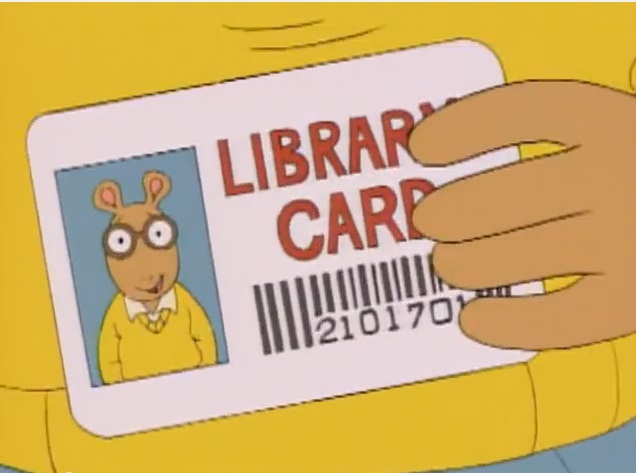Videos used to be on VHS tape, then DVD, then blu-ray. But these discs are being obsoleted. My library piled ~10s of thousands of audio CDs on tables a couple years ago and simply gave them all away. For a week you could take whatever you wanted. The library did not want them back. They were offloading.
So apparently the trend is: everything is going to the cloud. If I want to learn a new skill, Youtube has become the way to do that. So how do you bring home a #Youtube video? The library has started blocking Invidious downloads– probably fearing copyright issues.
Didn’t people generally used to be able to checkout a dozen or so DVDs? So you could watch the content at home in your overstuffed chair with beer, popcorn, pizza, whatever. The online access restrictions force us to do the viewing inside the library and only during library hours. And of course if I try to carry in an overstuffed chair, a keg of beer, and pizza, they’ll probably bounce me for breaking the “no food” rule. So it seems we’re losing the ability combine beer and videos.
When a video is walking people through the steps of repairing or rebuilding something, it can be absurdly impractical to memorize the video and (for example) try to rebuild your motorcycle. The video has to be in front of you as you work on the device.
In an abstract way, it’s a #rightToRepair issue. I would love to drive a motocycle into a library and disassemble it in the PC area as a publicity stunt.


I’m not a fan of ebooks but libraries here (UK) do allow ebooks to be borrowed (I think all you need is library card number and PIN - obviously you’ve already given them a lot of info to get the card in the first place)
Stallman’s warning with e-books was that it enables refined control by publishers to the point of only allowing a page to be read once, for example. No way to re-read the e-book, lend it to a friend, or pass it on to your kids. He said they won’t exploit those options right away… they’ll get people to gradually embrace the novelty of e-books first, then gradually stop offering a paper version at all. Then when everyone is transitioned onto e-books they will abuse their power to the fullest.
It’s a somewhat similar transition with audio & video content which is getting centralized under Google’s control.
The challenge with those approaches is that, at some point, piracy just becomes the easier solution again. If books become “read once”,then, even if there’s “perfect” DRM, someone will create book screen recording to epub software, and people will start pirating books more.
It’s well known that the cat-mouse game is never ending. Publishers often seem satisfied enough when the unlicensed copy incurs a quality hit, such as a digital source being downgraded to analog. I’m fine with that. If a consumer is going to be persnickety about quality perhaps it’s fair enough that they go through hoops and/or pay more for it.
It’s interesting that publishers have started viewing file sharing as competition. They figured out that consumers are happy to pay so long as the price is reasonable. If a CD is €20 it’s worthwhile to circumvent the legal route. But if the content is legitimately available for €1 (for example) they’d rather pay than deal with the black market. It’s a shame that unlawful activity is necessary for getting fair pricing. The more suppressed file sharing becomes, the more extortionate legit prices are and the fewer consumers who can benefit.